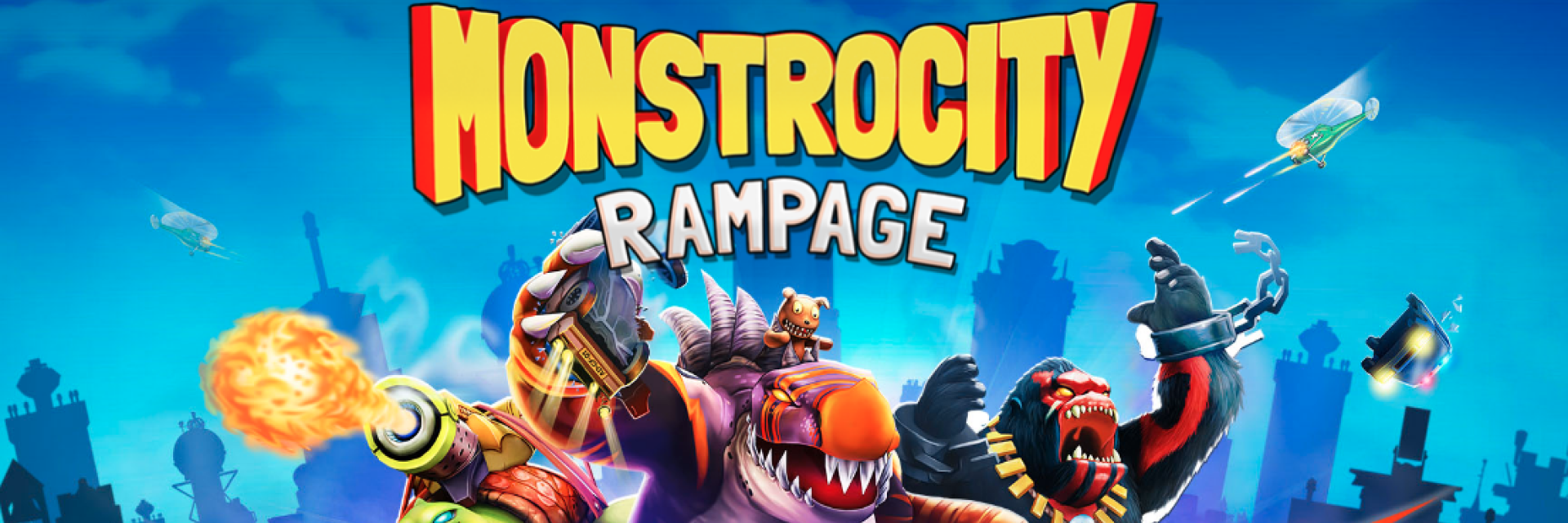Alpha Dog Games: the acquisition of a successful indie studio in Nova Scotia
Wednesday, February 12, 2020
“Bethesda is a major global video game publisher with a brand that’s recognized worldwide. That they purchased Alpha Dog Games — a successful indie studio — highlights the high quality and talent of Nova Scotia’s game developers. We’re not just contributing, we’re leading, and Bethesda recognized this and invested in it. Alpha Dog’s success, and Bethesda’s success in partnering with them, is a win for all of us.”
Darryl Wright, Interactive Society of Nova Scotia
In October, video game giant Bethesda Softworks acquired Halifax indie studio Alpha Dog Games. By any measure, this is a great success story for a Nova Scotian business. But for founders Shawn Woods and Jeff Cameron, it was much more — it was the fulfilment of a dream to build a successful indie studio in Nova Scotia. After all, it’s why they moved their families back here almost 10 years ago.
Both partners had been working in video games in other parts of the world. Shawn was an art director at Microsoft in Vancouver, and Jeff was running a studio in New York City. They each had strong connections to Nova Scotia: Jeff and his wife are both from here, as is Shawn’s wife. And both found themselves drawn here to raise their families. After working in the local video game sector for a while, they decided to form their own studio.
Alpha Dog Games was unique from the start. Shawn and Jeff envisioned bringing fun console-style action games to mobile devices. They planned to break into the mobile segment with the kind of console games they both enjoyed — and which were dominating the video game market.
They released their first title, Wraithborne, in 2012. Wraithborne was a classic dungeon crawler based on the PC hit Diablo. The game sold well, and it got a lot of attention in the industry. The partners thought they had their first hit.
But something else happened in 2012. A tiny studio in Finland released a mobile game that turned the world completely upside down. That studio was Supercell, and the game was Clash of Clans.
Everything changed when Clash of Clans came out. Free-to-play completely flipped the market and took over from premium products, and quite frankly, it was very difficult for us.
The change hit the team hard. Alpha Dog lost its studio space and had to move into Jeff’s basement. It was a big blow, one that could have knocked them out of business. But the partners turned adversity into opportunity. Says Woods, “When we lost the office, quite frankly we could have closed right there and given up. But we hunkered down, and we started to come up with new ideas. That's when we started to get the ball rolling. There’s a lot of risk in making games, but that risk can get mitigated as a business case because making games is not about luck. It's not about people just going out there and making a game, hoping for success. No. There's a lot of forethought, metrics, marketing aspects, and analysis. We learned how to know if a game was going to be successful before you even start.”
Armed with this new outlook, Alpha Dog created Monstrocity, their second title. The game featured radical elements like online community play, microtransactions, and evolving storylines. Monstrocity won critical acclaim and has built a worldwide community of fans.
Things began to look up for the studio. Other video game publishers contacted the partners seeking their expertise on mobile games. This led to development work on major titles. It enabled Woods and Cameron to build a large network of connections within the video game industry.
Woods and Cameron built Alpha Dog into a studio that lived on the cutting edge of mobile game development. They also focused on building export markets. The founders travelled the world taking part in NSBI trade missions, industry shows, and video game conventions. And it was at one of those trade shows that Bethesda Softworks approached them. The Maryland-based games publisher needed to expand its mobile games expertise. They had heard of Alpha Dog and wanted to talk to them about working together.
Woods and Cameron built Alpha Dog into a studio that lived on the cutting edge of mobile game development. They also focused on building export markets.
Alpha Dog and Bethesda would meet several times, and both studios learned they had a lot in common. Cameron describes the moment they realized where the conversations were going. “As we kept talking, it just seemed like we were a great fit for them, and they were a great fit for us. We love their brands, like Fallout, and they really liked our mobile expertise and the fact that we come from console and PC roots.
“We have 20-year careers in the industry, and we understand how mobile works, and how to get from A to B, right? It’s what they like."
Adds Woods, “For us, being acquired wasn’t really top of mind. The more we talked about it and thought about it, and with the way the mobile space was changing with a lot of acquisitions, the stars aligned. We felt like it was the right time and right place to do it."
One month after the acquisition, Woods and Cameron are busy building their next success. They're looking for a larger studio space — the studio will be staying in Halifax — and they're hiring. The partners are also spending a lot of time visiting Bethesda in Maryland. They're doing something familiar to Nova Scotians: they're building family.
"Bethesda likes that our team is all core gamers, too, right? So we fit in the Bethesda family, with all their brands. It sort of made sense for them to buy us. They like our team. We like them. And here we are.”





